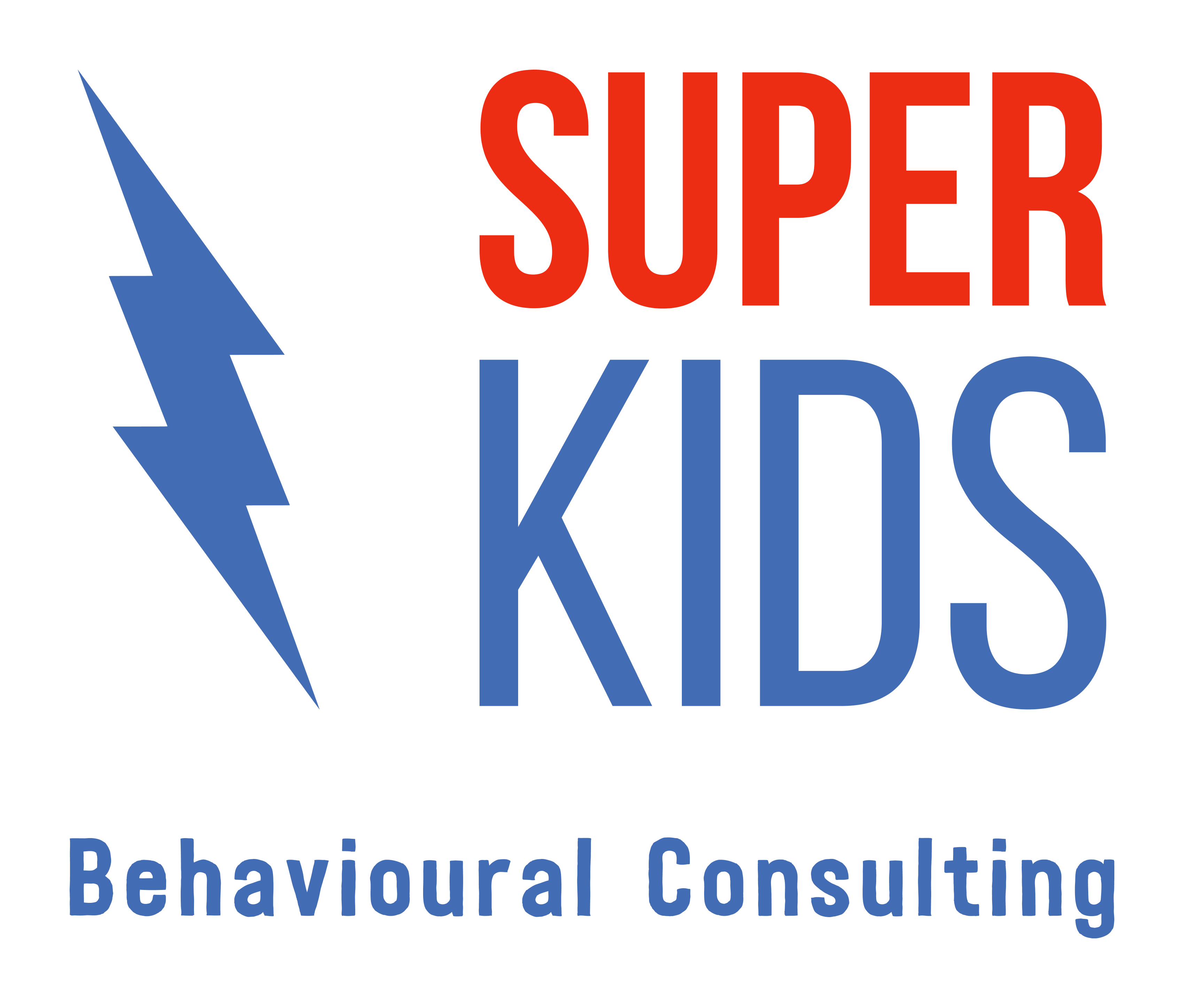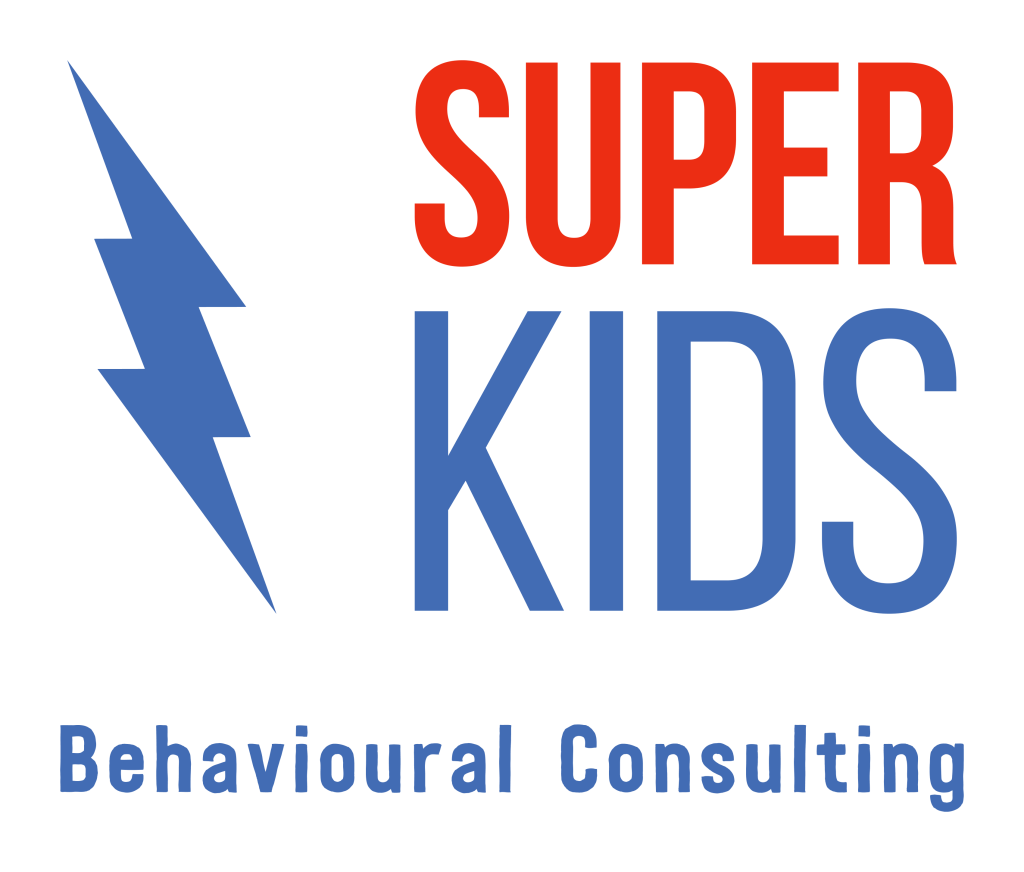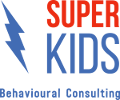5 Reasons to Include a Certified Behaviour Analyst (CBA) on Your Allied Health Team

Renee Collins
Clinical Director

When it comes to delivering impactful, ethical, and evidence-based care, especially for children and young people with developmental delays or behaviours of concern, collaboration is key. We talk a lot about multidisciplinary teams in the allied health space, but there’s one role still underrepresented in many care models: the Certified Behaviour Analyst (CBA).
Whether you’re a GP, OT, speech pathologist, psychologist, or school-based professional, here are five compelling reasons to consider adding a CBA to your collaborative care team.
- CBAs Offer Clinical Precision in Behaviour Support
Unlike generalist practitioners, Certified Behaviour Analysts are highly trained in the science of behaviour. They conduct functional behaviour assessments (FBAs) to understand why behaviours occur, looking at antecedents, consequences, patterns, and environmental influences.
This level of clinical precision supports:
- Safer, more ethical interventions
- Evidence-based strategies that actually work
- Fewer trial-and-error cycles for families and teams
- Remove need for general ‘tips & tricks’
If your team supports clients with complex behaviours, autism, ADHD, or trauma histories, a CBA adds a layer of diagnostic insight that can improve everyone’s outcomes.
- They Strengthen Team-Based Intervention Plans
Good behaviour support isn’t siloed. It works best when integrated with input from speech pathologists, OTs, psychologists, teachers, and GPs. CBAs are trained to lead and co-design holistic intervention plans that:
- Reinforce communication goals (e.g. PECS or AAC use)
- Align with sensory strategies recommended by OTs
- Respect the client’s mental health history
- Account for cultural and environmental variables
They don’t replace other professionals, they elevate the collective plan.
- CBAs Reduce Restrictive Practices
If your organisation supports children or clients with behaviours of concern, you already know the importance of minimising restrictive practices. In Australia, NDIS Behaviour Support Practitioners are required to address this—but many lack advanced clinical training in behaviour science.
A Certified Behaviour Analyst brings:
- Expertise in non-coercive, positive interventions
- A commitment to human dignity and choice
- Skills to replace restrictive practices with safer, skill-building strategies
For GPs or school teams navigating reportable behaviours or safety risks, having a CBA onboard means interventions are defensible, ethical, and aligned with national standards.
- They Bridge Gaps Between Sectors
CBAs often act as translators across disciplines. They understand clinical language but communicate in practical, accessible terms. In schools, they work alongside educators to implement classroom-ready strategies. In health settings, they liaise with GPs and specialists to ensure care plans are behaviourally informed.
This makes them ideal collaborators in:
- Case conferences
- Student support groups (SSGs)
- NDIS reviews and reports
- Return-to-school transitions or multidisciplinary plans
In other words, they help all parties move in the same direction—with clarity and cohesion.
- It’s a Step Toward Truly Person-Centred Care
At the heart of behaviour analysis is one simple goal: helping people build the skills they need to live more independent, connected lives.
CBAs:
- Focus on meaningful, individualised outcomes
- Involve families and support networks in every step
- Use data and evidence to fine-tune progress
Want to learn more?
If you’re building a multidisciplinary team—or working with schools, NDIS clients, or families with complex needs—reach out to Super Kids Behavioural Consulting. We’re here to support you with collaborative, evidence-based behaviour services grounded in compassion and clinical excellence.
Super Kids acknowledges each individual’s personal preference to use identity-first or person-first language to describe themselves or their loved one. We interchangeably use both language conventions and therefore refer to both Autistic children and children with Autism.






